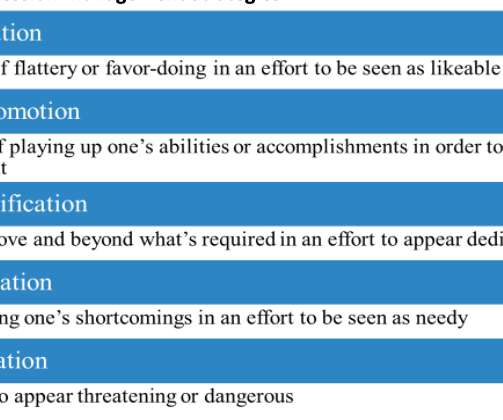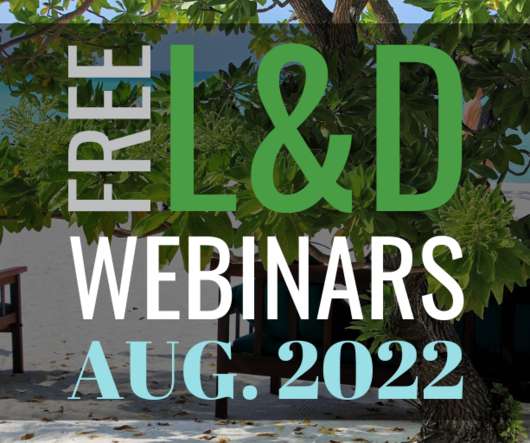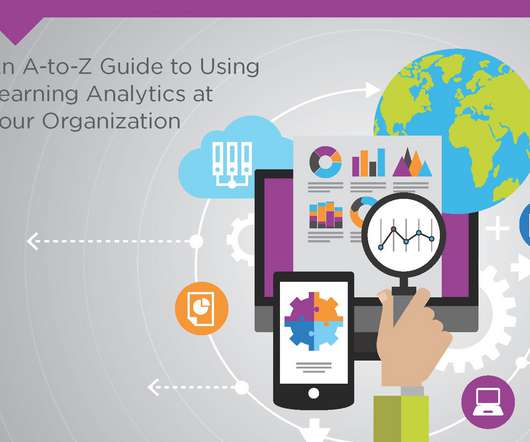The meta-program
Clark Quinn
MARCH 8, 2018
So, using an application -based pedagogy , there are a series of activities that require application, but they vary in type: research, design, problem-solve, interact, and in output. Curriculum and the pedagogy can be refined, and in fact are interleaved. We need to go meta in both!




























Let's personalize your content